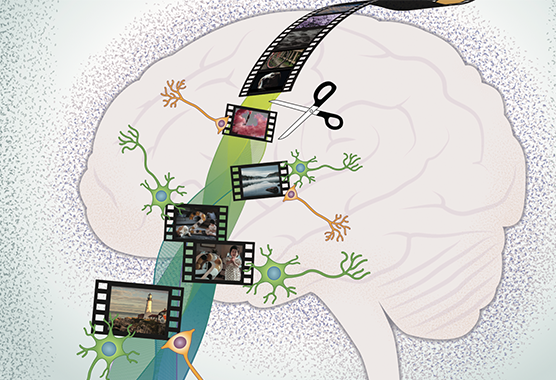Jie Zheng, Ph.D., is an Assistant Professor at the University of California, Davis, with joint appointments in the Departments of Neurological Surgery and Biomedical Engineering. Her interdisciplinary research focuses on the neural and computational mechanisms underlying human cognitive functions, with specific focus on memory and emotion. Using advanced techniques—including single-neuron electrophysiology, intracranial electrocorticography, direct electrical stimulation, and computational modeling—her lab aims to uncover how the brain encodes, processes, and retrieves cognitive information, with implications for treating memory-related and neuropsychiatric disorders. Dr. Zheng’s innovative work has been recognized with several prestigious awards, including the NIH BRAIN Initiative K99/R00 Career Transition Award, the Memory Disorders Research Society Cermak-Corkin Award, the Blackrock Young Investigator Award. She earned her B.S. in Electrical Engineering from Nanjing University and her Ph.D. in Biomedical Engineering from UC Irvine. She completed her postdoctoral training in human single-neuron recording at Boston Children’s Hospital and Harvard Medical School. Zheng has authored numerous peer-reviewed publications in leading neuroscience and biomedical journals, contributing significantly to the fields of human neurophysiology and translational neuroscience. Her lab (Z-Lab) continues to explore how insights from human brain recordings can inform both basic science and clinical applications.
UC Davis Z-Lab

-
 Principal Investigator
Principal InvestigatorJie Zheng (JZ), Ph.D.
-
Research Goals
The Z-Lab is interested in neural mechanisms and computational principles underlying the memory system in humans. The team leverages the research opportunities from in vivo intracranial electrophysiology to study, manipulate, and empower cognitive functions in humans.
-
Current Projects
- Explore how the brain naturally divides continuous experiences into meaningful events - like scenes in movies - to help us understand, remember, and navigate the world.
- Study how the mid brain dopamine system supports how we learn and form memories, using brain recordings during deep brain stimulation surgeries.
